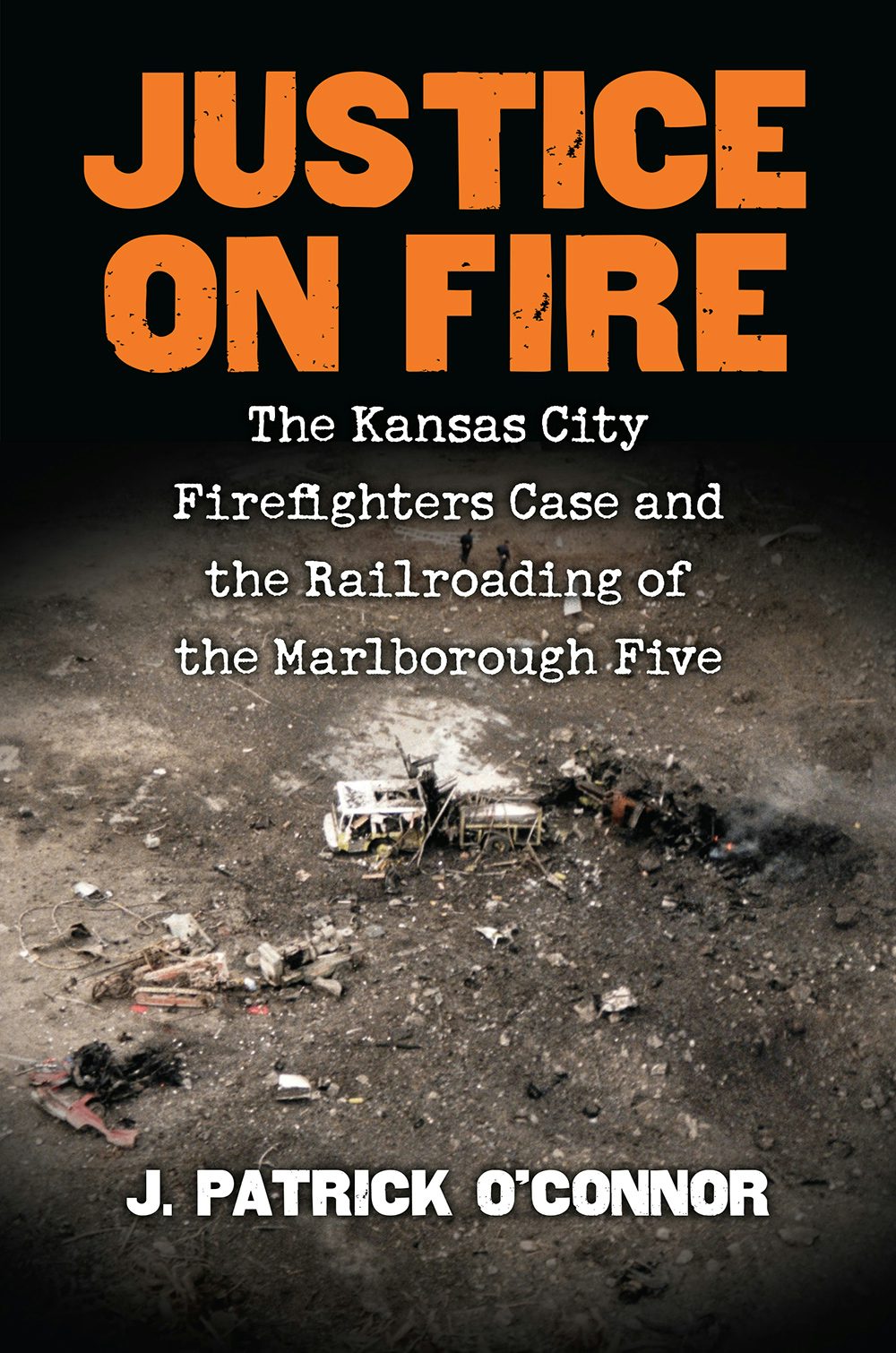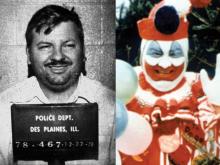
Thomas A. Aurelio
In August 1943, Thomas A. Aurelio stood at the threshold of a dream. After nine years as an assistant prosecutor and 12 as a judge in New York City, he was about to be elected to a seat on the Supreme Court for the State of New York. Then Aurelio, in a wiretapped conversation, was overheard swearing his undying loyalty to gangster Frank Costello.
by Allan May
In August 1943, Thomas A. Aurelio stood at the threshold of a dream. After nine years as an assistant prosecutor and 12 as a judge in New York City, he was about to be elected to a seat on the Supreme Court for the State of New York. As the nominee of both the Democratic and the Republican parties, the election of the 48-year-old father of two appeared to be a formality.
Aurelio’s career had the sense of manifest destiny to it. He was a native New Yorker who grew up on the city’s East Side. Educated in the public school system, he went to college at New York University where he also earned a law degree. During World War I he served in Company F of the 51st Infantry Regiment. After the armistice, he taught American soldiers commercial law in a military school in Germany.
Returning home, Aurelio was admitted to the bar. In 1922, he was appointed assistant district attorney at the age of 27. Mayor Jimmy Walker appointed him a judge in 1931 and four years later he was re-appointed by Mayor Fiorello La Guardia. During a glowing swearing-in ceremony La Guardia stated, "I have re-appointed you because I know of your record, and have known you as a boy and a law student. You are the kind of career man I want on the bench." A review of Aurelio’s record as a judge showed his strong support of the police when their efforts brought them into conflict with big-name criminals.
As impeccable as Auerlio’s career had been, a seemingly unrelated event – the murder in January 1943 of Italian-language newspaper editor Carlo Tresca – would inadvertently snare Auerlio and derail his cake walk to the New York Supreme Court.
Following Tresca’s muder, Manhattan District Attorney Frank S. Hogan received permission to tap the telephone of gangster Frank Costello at hisCentral Park West apartment. "We really didn’t think Costello had anything to do with the murder of Tresca, but we thought we might pick up some information as to the identity of the killer," Hogan stated.
On the night of Aug. 23, the Democratic Party nominated Aurelio for Justice of the Supreme Court. At 8:35 the following morning, Aurelio telephoned Costello, a conversation the phone tap picked up and which would appear verbatim five days later in the Sunday edition of The New York Times under the headline, "Gangster Backed Auerlio for Bench":
Aurelio: "Good morning, Francesco. How are you, and thanks for everything."
Costello: "Congratulations. It went over perfect. When I tell you something’s in the bag, you can rest assured. Well, we will have to get together, you, your Mrs. and myself, and have dinner some night soon."
Aurelio: "That would be fine, but right now I want to assure you of my loyalty for all you have done. It’s undying."
The revelations forced both political parties to try to remove Aurelio from the ballot, but it was too late. The next option was to select another candidate and run him as an independent with the support of both parties. The third alternative was for both parties to throw their support to the candidate from the American Labor Party. The problem with the first choice was the filing deadline for an independent candidate: it required 5,000 signatures and was due to expire at midnight in less than 48 hours.
Despite intense pressure to step down, Aurelio refused to withdraw his name from the ballot. Although he acknowledged making the phone call to Costello, he denied that he knew about Costello’s past. He stated, "During my brief acquaintance with Mr. Costello of approximately six months standing, I knew him to be a businessman of good repute, and I definitely disavow any knowledge of his criminal background."
Disbarment proceedings were quickly brought against Aurelio. During testimony before referee Charles B. Sears, Aurelio was asked to explain his "undying loyalty" comment. "That’s just the way some Italians express things," he replied.
On Oct. 30, 1943 Sears ruled that there was insufficient evidence to prove that Aurelio knew the reputation of Costello. Three days later, Aurelio won the election by almost 50,000 votes over Matthew M. Levy, the candidate of the American Labor Party, which the Democratic machine had fully supported.
George Wolf was one of Costello’s attorneys during this time and later wrote Frank Costello: Prime Minister of the Underworld. Wolf wrote that shortly after Aurelio took the bench, Costello sent an intermediary to "feel the judge out" about an upcoming trial which involved a friend of the gangster. Word came back from the judge that if Costello’s friend were tried before him, he would be "cooked." Costello tried the same approach in another case. Again his efforts were rebuffed. "Lousy ingrate," was one of the kinder terms he used to express his feeling toward the judge. Costello later told newspapers, "I can’t even get a parking ticket fixed with him."
Several years into Aurelio’s term, Wolf wrote that he was called to Costello’s apartment and asked to collect a $7,500 note payable to Costello and signed by Aurelio in 1943. When Costello demanded that Wolf take it to Aurelio and collect the money, Wolf suggested that he forget about it.
"Dammit," Costello snapped. "He owes me $7,500 and he’s going to pay it. I’m getting nothing else out of him."
Wolf recounts that when he presented the note to Aurelio, the judge exploded, "Tell that gangster if he ever gets near my court I’ll have him thrown in jail and buried there. I paid that money back years ago." Wolf returned with the message from Aurelio. Although Costello was furious he did not object to Wolf destroying the note at this point.
Wolf claims Costello never told him what the money was used for. "I do know it never got him anything. I can say with authority, based on my long relationship with Frank Costello, that Aurelio never did Frank one favor of any kind on the bench as long as he lived."
Aurelio was still a sitting judge on the New York State Supreme Court when he died in 1973 at the age of 81. Many people agreed, even District Attorney Hogan, that he was an excellent judge.
As for Costello, he had moved about his career doing everything possible to keep a low profile. Prior to the Aurelio affair, his name had not appeared on the front page of a newspaper since January 1927. From the time the Aurelio scandal hit, Costello’s days as a behind-the-scenes-power were gone.
Allan May's e-mail address is: AllanMay@worldnet.att.net








